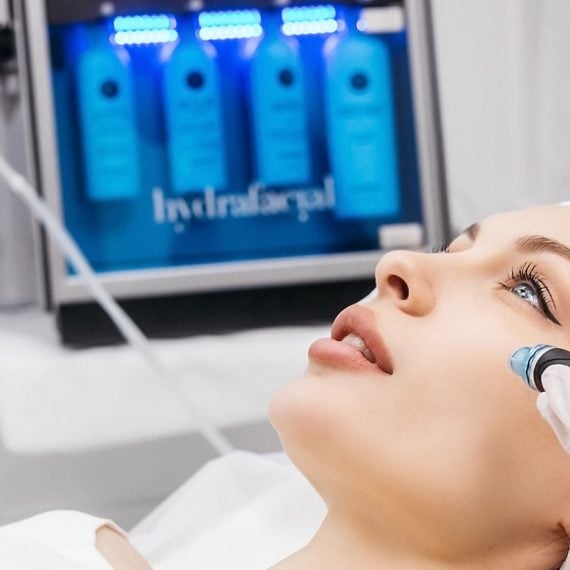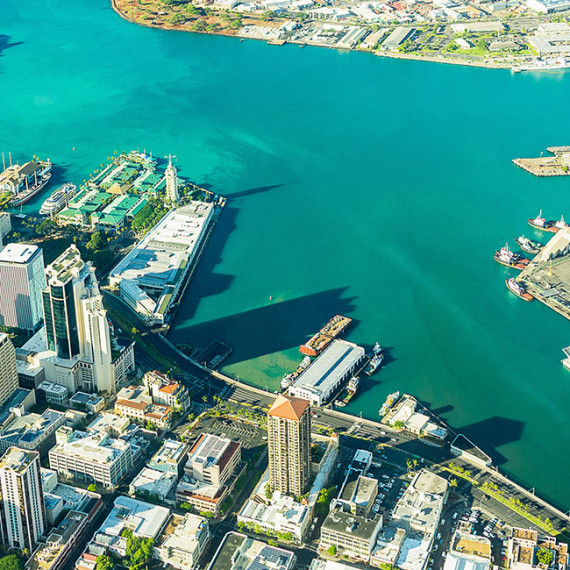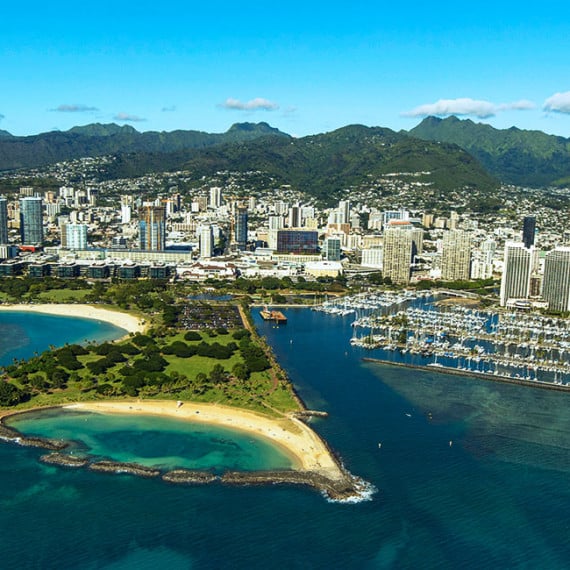metimes known as a plastic and reconstructive surgeon is one of the most highly trained surgeons of all the surgical specialties. They are not only surgeons who perform beautification surgery and procedures, but carry out very complex reconstruction of injuries. For example, when other surgeons cannot close a massive wound, plastic surgeons will be called in to bring in new tissues to cover the wound. Other times peripheral nerves will be repaired or reconstructed by specialized plastic surgeons called microsurgeons. Arm replantations, total face transplants (recently reported in the media) were developed and successfully performed by plastic surgeons.
The Surgeon’s Surgeon
These remarkable surgeons are sometimes known as the “surgeons surgeon” as they are all trained in general surgery, most actually complete the requirements to be a board certified general surgeon. This five years of rigorous training is completed even before they start their formal plastic surgery education. Plastic Surgery training adds a minimum of two more years which makes Plastic Surgeons the surgeons with the most years of training – thus a surgeon’s surgeon.
Reconstructive training makes a difference
This reconstructive aspect and formal training in general surgery are what differentiate the plastic surgeons from the non-plastic surgeons who perform cosmetic procedures. Plastic Surgeons are trained to operate on all tissues. A simple perusal through the plastic surgery literature will show you that it is it is filled with surgical procedures on all parts of the body. The hand, the nerves, the small blood vessels, muscles and skin are all within the plastic surgeons domain.
The selection process
The selection process for a plastic surgeon is more rigorous as it is a very competitive specialty and demands the highest standards in surgical care. Many attempt to obtain the training, but only a few are actually picked to become plastic surgeons. These are select individuals who have the grades, the skills and the mind to serve the profession well. It is not easy and as mentioned very competitive which assures the public of the highest quality surgeon who entrust their care.
Continuing Education and Certification
Plastic Surgeons continue to educate themselves through their career as this is a ever advancing field. They attend conferences, read the journals and other contining education activities. After the plastic surgeon becomes board certified they must become recertified as well. This requires taking a exam which tests if the plastic surgeon keeps up with his knowledge. In Hawaii the plastic surgeons (like all American plastic surgeons) have gone through this rigorous selection and traning process.
What is a fully trained plastic surgeon?
By using the term “fully trained” plastic surgeon we mean the surgeon has undergone formal and approved training specifically in the field of plastic surgery. This is known as a plastic surgery residency.
This residency in the United States is at least two years in length, but only after the surgeon completes prerequisite surgical training such as an orthopedic surgery residency (5 years) or an ear nose and throat residency (4-5 years). The more common requisite training to become a plastic surgeon is through a general surgery residency for (a minimum of 3 years). The surgeon must be promoted each year to the next level. It would not say much for a surgeon who did three years of surgery, but all at the first year level. So to be approved the surgeon must have at least three years of progressive training, before even entering plastic surgery residency.
This means a total of 5 years at a bare minimum, after medical school. Plastic Surgery is serious surgery and not something one can learn in a few weekend courses. This is one of the longest training programs in all of medicine. Dr. Pasquale completed an approved 5 year general surgery residency and an approve 2 year plastic surgery residency after medical school.
What’s the Difference Between Plastic & Cosmetic Surgeons?
There are eye doctors, dentists and dermatologists all over the country who are performing cosmetic or plastic surgery procedures on patients every day. From Botulinum Toxin to liposuction, there are a great many surgical procedures being done by non plastic surgeons all the time. There are undoubtedly even some doctors who are performing more complicated and dangerous surgeries such as facelift, breast augmentation and abdominoplasty. It could be said that in more than a few of these cases, these surgeries shouldn’t be happening, and these doctors aren’t what many of us would consider fully qualified. They are in fact not plastic sureons. They are what has been termed a cosmetic surgeon.
Is it legal for any physician to practice plastic surgery without the approved residency training?
Yes it is – and our job is not to say they should not. We will say that it was not until recent years that hospitals even required formal residency training in most specialties. In fact, today there are some excellent cardiac surgeons who never did a special residency in cardiac surgery, but most of these doctors were the physicians who were breaking that new ground in their field.
Likewise, there are physicians who are presently practicing plastic surgery, who have not completed the formal requirements of an approved residency. This is not to say they are not “good” physicians, surgeons or plastic surgeons. Yet today the most common way to acquire the knowledge and skill to be a plastic surgeon is through a formal training program of 2 to 3 years specific to plastic surgery after many years of basic SURGICAL training.
Weekend Courses do NOT make a plastic surgeon.
Weekend courses and other short term training programs are good for a surgeon to take, but for them to be useful one should have the fundamentals of surgery training completed and approved first.
There are two approval bodies for plastic surgery training (residency) in the United States that are accepted by the United States Government and Hospitals as approved by the JCAHO. They are the big daddy of accreditation of most hospitals. If a Hospital is not accredited by this organization they may have serious problems.
These two organizations which are both PRIVATE organizations are under the auspices of the American Osteopathic Association (AOA) and the American Board Of Medical Specialties (ABMS). Both organizations are essentially equivalent with respect to training requirements for doctors in the USA. For a plastic surgeon to have approved training he or she must have received the blessing of one of these organizations specifically for plastic surgery.
Due to the competitive nature of plastic surgery there are at times rivalries between these two organizations which has undulated over the years. For example if you were to call the society representing the plastic surgeons who had their training approved by the ABMS and asked about a non-ABMS surgeon (like Dr. Pasquale who was approved by the other organization the AOA) they may not even acknowledge that the surgeon exists. It’s not entirely uncommon for a ABMS plastic surgeon to claim that an AOA trained plastic surgeon isn’t actually in fact a plastic surgeon.
Yet they will tell you that their surgeons (which are due paying members) are the only ones approved by the American Board of Medical Specialties. True, but somewhat misleading. As I explained, that is not the only legitimate approval body. Try asking them if there is another approval body for plastic surgeons, they best tell you that you should check with the AOA. If they do not, or mislead you to believe that their organization is the ONLY legitimate one, We would like to know. Email us if this is the case. Don’t be mislead by marketing propaganda or overly competitive, deceitful surgeons. If you have further questions please send us an Email or research for yourself.
American Medical Association AMA
American Osteopathic Association AOA
American Board of Medical Specialties ABMS
Note that this ABMS site is not JCAHO and NCQA approved to verify credentials ABMS CERTIFIED
You can also check with the American Board of Facial Plastic and Reconstructive Surgery ABFPRS
Verify Dr. Pasquale’s Board Certification by calling (770) 939-8555.
What is a Board Certified Plastic Surgeon?
Dr. Michael Anthony Pasquale is a Honolulu Hawaii board certified plastic surgeon practicing for over 23 years. He is a former micro nerve surgeon, general surgeon and reconstructive surgeon. He is considered an authority on face lift and breast surgery and has traveled and lectured extensively throughout the world in regards to plastic surgery, as well as cosmetic applications for stem cell therapy.
What exactly does board certified plastic surgeon mean?
Plastic Surgery Board Certification is a good standard in which to judge a plastic surgeon. It means that the plastic surgeon has completed his residency in plastic surgery (not some unrelated specialty). Additionally, he has passed a written test, an oral examination by his peers and presented his cases to a panel of surgeons to judge if the surgeon has handled them appropriately.
There are three boards which examine plastic surgeons. Why there are three probably has more to do with politics than of any significant deviation. You can compare the three boards: All are private organizations whose members pay dues. None is a government agency or a federally appointed group conducting oversight. It’s this fact that should alert you to the almost cut throat nature of these separate, private groups and their competitive practices which often are not in the best interests of their patients.
To be considered a board certified plastic surgeon one must have completed the requirements of at least one of these boards in the United States. Dr. Pasquale is certified at the present time by the Board of Certification in Plastic Surgery. He is presently in the process of obtaining certification through the Board Of Osteopathic Surgery in Plastic Surgery so he will be certified by two boards of Plastic Surgery instead of one soon.
What does Board Certification not mean?
It does not guarantee a good outcome for your surgery. It does not even mean the doctor is competent at the present time but was when he was certified. A better judge of current competence is to check at the hospital to see if the plastic surgeon has privileges in plastic surgery. The reason for this is that the Hospital is more likely to know sooner if their is a problem with the doctors competence.
As far as actual training, Dr. Pasquale now a teacher/lecturer of cosmetic procedures is one of the most formerly trained plastic surgeons in Hawaii. This is in both cosmetic and reconstructive surgery, not only in actual years of training, but at some of the better institutions in the world.
Dr. Pasquale for many years, was on staff at some of Hawaii’s best Hospitals such as the Queens Medical Center. Military hospitals and outer Island Hospitals ranging from Hilo Medical Center to Kauai. Additionally before coming to Hawaii he was on staff at some of New York’s City’s most well known institutions for plastic surgery. In his younger years, he took some of the most devastating damaged cases in hand surgery, facial reconstruction and other emergency and trauma cases. Now Dr. Pasquale’s focus is on cosmetic plastic surgery so he maintains his own operating room with a specialized staff for cosmetic procedures. By focusing on cosmetic surgery and limiting his practice to aesthetic procedures he is able to bring all of his talent to this specialization. This super sub specialization in cosmetic assures you this is his expertise.






